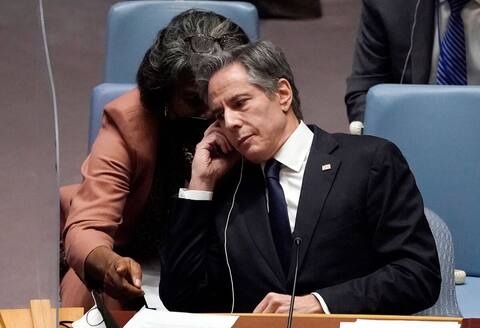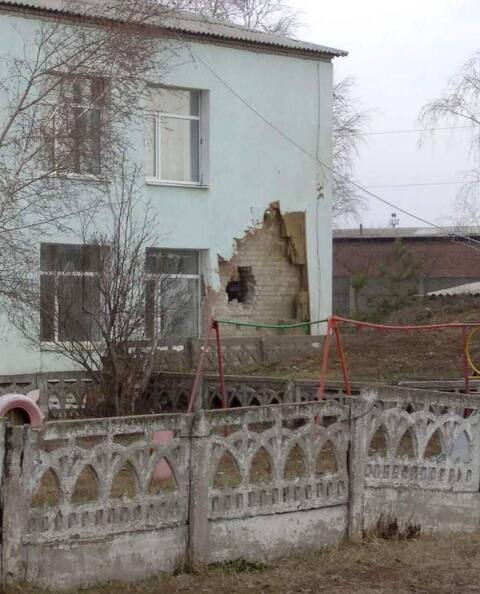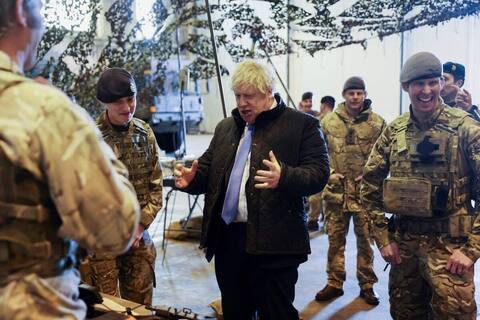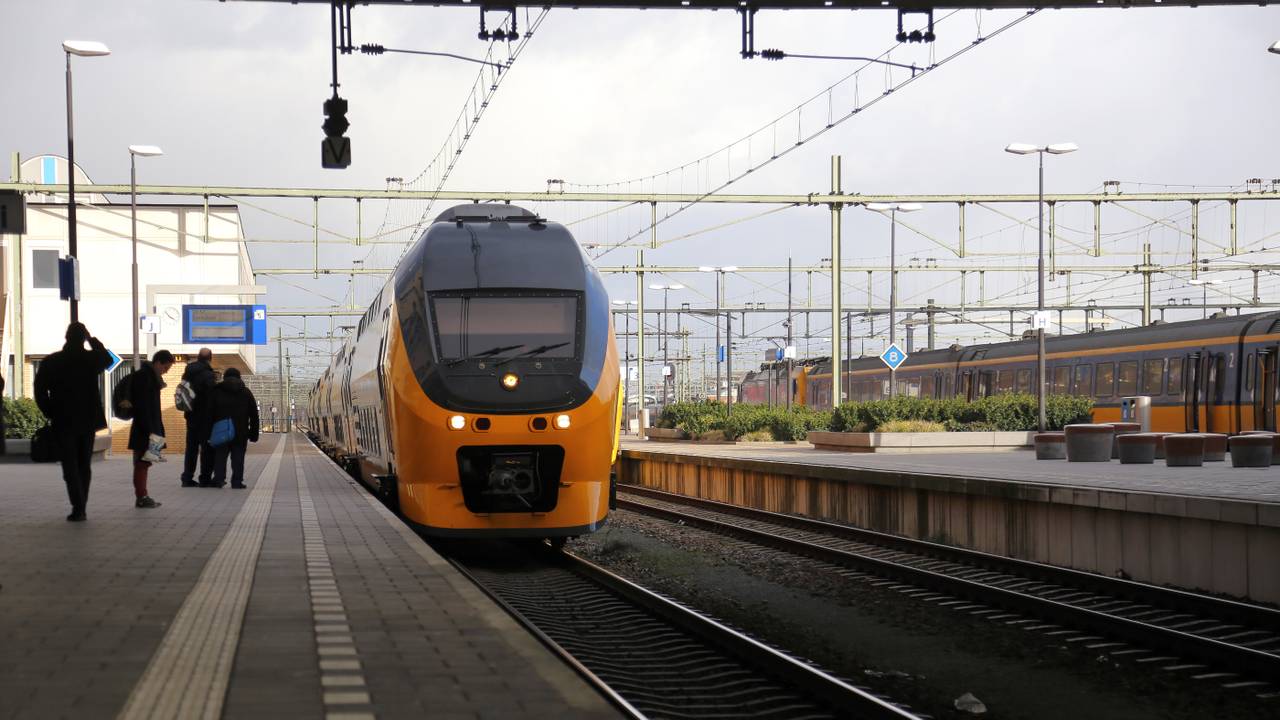The dialogue of the deaf continued on Thursday, in an increasingly volatile context, between the United States, which now fears an attack from Ukraine “in the coming days”, and Russia, which on the contrary announced new military withdrawals. .
• Read also: Ukraine is “not afraid” and will “defend” against Russia
• Read also: Ukraine: Washington assures that Moscow has deployed up to 7,000 additional soldiers
The confrontation took a particularly solemn turn at the UN: the head of American diplomacy Antony Blinken came before the Security Council to urge the Russians to “abandon the path of war”.
–
–
“All the indications we have is that (the Russians) are ready to enter Ukraine, to attack Ukraine,” US President Joe Biden had previously said, judging the offensive possible “in the coming days” .
Russia has, according to the West, deployed more than 100,000 troops and their equipment in the vicinity of Ukraine in preparation for an offensive.
Washington assures us that, far from reducing its military presence, Russia has increased it by 7,000 soldiers.
Joe Biden also repeated a warning that has become unavoidable in American communication: according to him, Russia is preparing a pretext, a “false alarm”, in the conflict between Kiev and pro-Russian separatists in eastern Ukraine, which would justify its intervention.
The British issued the same warning, as clashes escalated in the region on Thursday.
–
–
School bombed
For its part, Russia announced new military withdrawals from the outskirts of Ukraine, broadcasting images of trains loaded with equipment and announcing the return of units to barracks in the Russian Caucasus and the Nizhny Novgorod region, away from Ukraine.
Americans and British, however, accused Moscow of staging concealing a reinforcement of its troops. Washington and London estimated that “up to 7,000” additional troops had been deployed to the border area.
Ukrainian President Volodymyr Zelensky said he saw no reduction in Russian troops on Ukraine’s borders, but “small rotations”.
All the protagonists of this Russian-Western crisis, which has been threatening to degenerate every day for weeks, expressed concern about the increased exchanges of fire with heavy weapons on Thursday in the Donbass, where the Ukrainian forces have been confronted for eight years. to pro-Russian separatists.
But both sides blamed each other for the clashes, with the support of their respective allies. These clashes revive the fear of an escalation.
The Ukrainian army on Thursday denounced an attack on Stanitsa Luganska which deprived half of this locality of electricity and left a shell hole in the wall of a school, bricks strewn a room in the middle of children’s toys .
–
–
President Zelensky denounced a “provocation” and British Prime Minister Boris Johnson accused Russia of wanting to use this event “to create a pretext” for “Russian action”.
The OSCE, which has an observation mission in the region, called for any “escalation” to be avoided, while the UN called on stakeholders “to exercise restraint”.
The Lugansk separatists in turn accused Kiev of being responsible for an increase in heavy weaponry bombardments to themselves “push the conflict towards an escalation”.
–
–
Russian reaction
The Kremlin in turn judged the situation “extremely dangerous” because of the “extreme concentration of Ukrainian forces”.
Russia has also consistently denounced NATO’s increased military support to Ukraine.
Kiev has received an increasing number of Western arms deliveries, fueling the anger of Moscow, which in turn believes that Kiev wants to launch an offensive against the separatists.
In this context, President Zelensky assured Thursday that his country “did not need” Western soldiers on its soil to face the Russian threat, emphasizing and not wanting to “give an additional reason” to Russia to to intervene.
Westerners say their response to a Russian invasion would be devastating economic sanctions, but there would be no military response.
For its part, Moscow considers that the Ukrainian ambition to integrate NATO represents a sufficient risk of Western deployment in Ukraine, and therefore of war.
In a response to American counter-proposals for negotiations on Europe’s security architecture, Moscow on Thursday reaffirmed all of its demands, already rejected by NATO, the EU and the United States.
In the event of refusal, “Russia will be forced to react, in particular by the implementation of measures of a military and technical nature”, threatened Russian diplomacy.
Belarusian President Alexander Lukashenko, an ally of Russia, thus declared on Thursday that his country, at the gates of the EU, would now be ready to welcome “nuclear weapons”, which it has not had since the fall of the USSR. .
Moscow insists on “the withdrawal of all forces and armaments of the United States deployed in Central and Eastern Europe, in South-Eastern Europe and in the Baltic countries” and also expects from the Western proposals a “renouncement of any future enlargement of NATO”, to Ukraine in particular.
Russian diplomacy also believes it rejects the accusations about its plan to invade Ukraine for the umpteenth time.
At the beginning of the week, the Kremlin and the White House had nevertheless indicated their readiness for an in-depth dialogue on the European security architecture.
This beginning of appeasement came to complete European diplomatic efforts, in particular the double shuttle of French and German leaders Emmanuel Macron and Olaf Scholz between Moscow and Kiev.
Illustration of the ongoing tensions, the US State Department revealed Thursday that Russia had expelled the number two from its embassy in Moscow, diplomat Bart Gorman, saying it was studying a “response”.
–






![Sacred football: group of students begins to watch the UEFA Champions League in full class [Video] Sacred football: group of students begins to watch the UEFA Champions League in full class [Video]](https://eldiariony.com/wp-content/uploads/sites/2/2022/02/UEFA-Champions-League.jpg?quality=80&strip=all&w=1200)